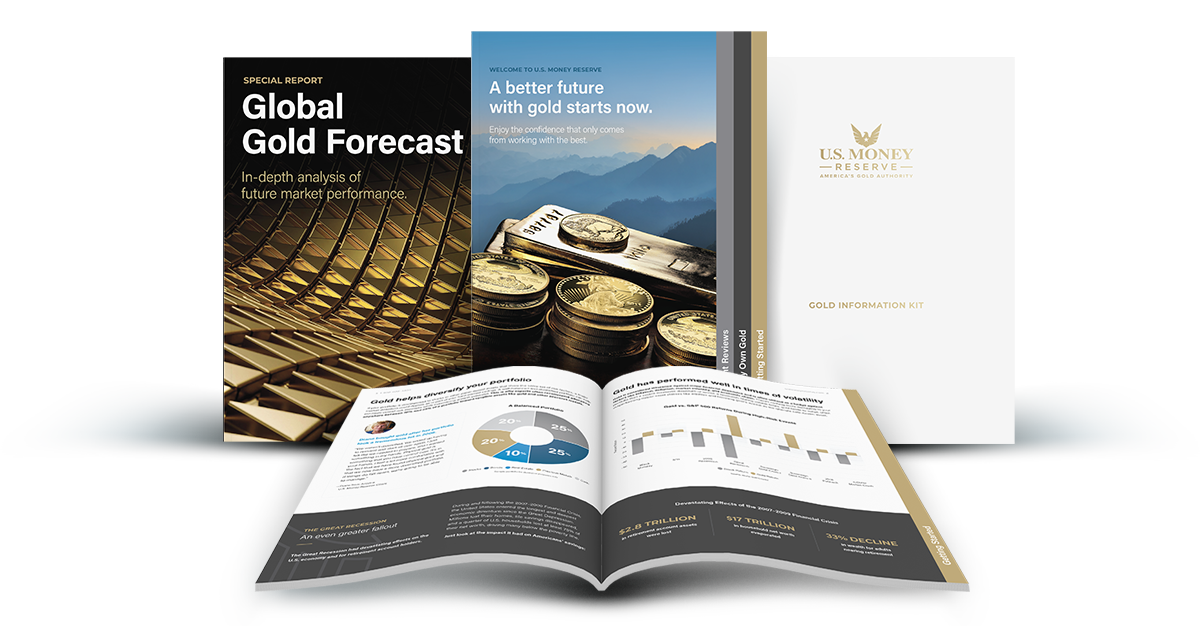The year is almost over, but there’s still time to set yourself up for greater financial strength in 2021 and beyond. Here are four end-of-year retirement tips that can help.
1. Max Out Contributions
“Never leave money on the table.” It’s a popular saying that is sometimes easier said than done. Now isn’t one of those times.
If your employer offers to match your 401(k) contributions, direct as much of your monthly earnings into that account as possible until you reach their maximum match figure. It’s a genuine no-brainer in the sometimes perplexing world of retirement planning and one of the easiest ways to ensure that you never leave money on the table.
If you have a traditional or Roth IRA, look at maxing out those contributions, too. In 2020, your total contributions to all traditional and Roth IRAs cannot exceed:
- $6,000 if you’re under age 50
- $7,000 if you’re 50 or older
- your taxable compensation for the year if the compensation was less than either $6,000 or $7,000, depending on your age
Don’t feel like you can swing it? Carefully examine nonessential purchases, and you may be surprised how close to that maximum you can get.
According to findings from GoBankingRates, “Americans could save $5,339.35 a year, on average, by cutting out some discretionary spending. That’s how much individuals are spending on non-necessities such as coffee, eating out, entertainment, clothing, rideshares, and alcohol.” Break that number down by month, and you’re looking at an additional $444.95/month that could go toward retirement contributions.
2. Play Catch-Up Where You Can
Are you age 50 or older, or will you be by the end of the year? Have you reached your annual IRS-mandated contribution limit? If so, it’s time to consider playing catch-up by making additional deferrals to your 401(k) or IRA.
For tax years 2020 and 2021, the catch-up amount is $6,500 (up $500 from 2019). Have an IRA? If so, your catch-up total can reach $1,000 for 2020 and 2021, notes the IRS.
3. Invest Your Time; Invest in Yourself
Much of the talk about retirement planning focuses on money. However, there’s something else you can invest that might be equally important in many respects: your time.
Coasting along on a retirement plan you and your spouse set up with a financial planner years ago? Then you might be doing yourself a disservice by failing to consider important and potentially money-saving matters such as:
- how current and anticipated life situations (a pending business sale, children entering college, buying real estate, getting married or divorced, changing jobs, etc.) could impact your plan
- whether your tolerance for risk has increased or (more likely as you age) decreased
- when the best time is for you to start taking Social Security benefits
Working with a certified retirement planner can help you minimize your retirement tax burden and collect other crucial tax tips for the years ahead. It’s time to revisit the retirement plan conversation!
4. Expand Your Horizons
Another potential detriment when it comes to coasting along with an outdated retirement plan is the opportunities you lose by not considering additions to an existing retirement portfolio.
Precious metals—tangible wealth—may provide one such opportunity. The Internal Revenue Code, for example, allows for the inclusion of gold and silver in self-directed IRAs if the coins and bars meet strict composition guidelines.
Factor in gold’s reputation on the international market, and you have a compelling reason to consider gold for your retirement portfolio strategy.
Are You Prepared for the Future?
Want to make some moves with your retirement accounts? U.S. Money Reserve can help you think through incorporating precious metals or opening up a new IRA. Call today to speak with an IRA Account Executive.








